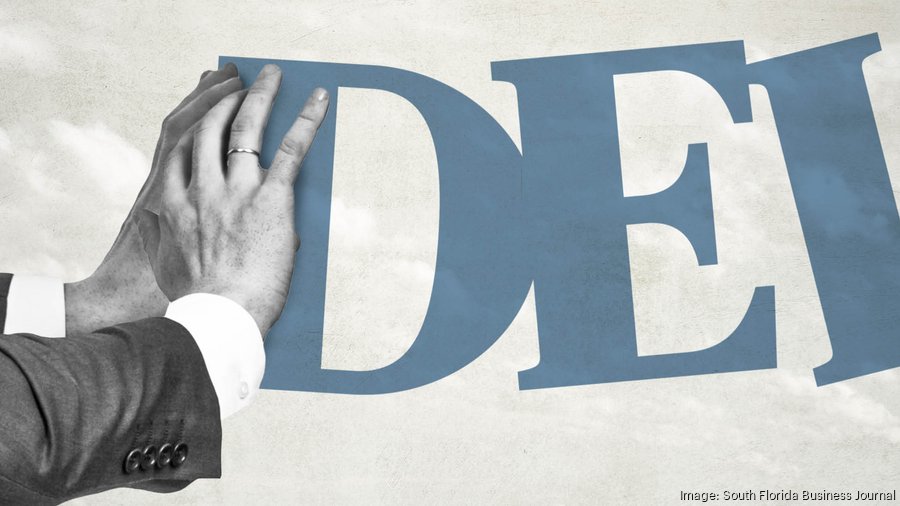Listen to this article 4 min
Sticking with diversity, equity and inclusion initiatives has become a dicier proposition for companies amid nationwide political attacks on DEI practices.
Yet, executives who back these measures say the need for those programs is stronger than ever due to the ongoing recruitment wars for top talent.
DEI efforts were once relatively noncontroversial. But that changed during this presidential election cycle. In Florida, Gov. Ron DeSantis – who seeks the Republican nomination for president – made his stance clear at a DEI roundtable discussion in March where participants called DEI “woke” and equated it to socialism. He followed that up in May by signing a bill banning DEI initiatives at Florida’s public colleges and universities.
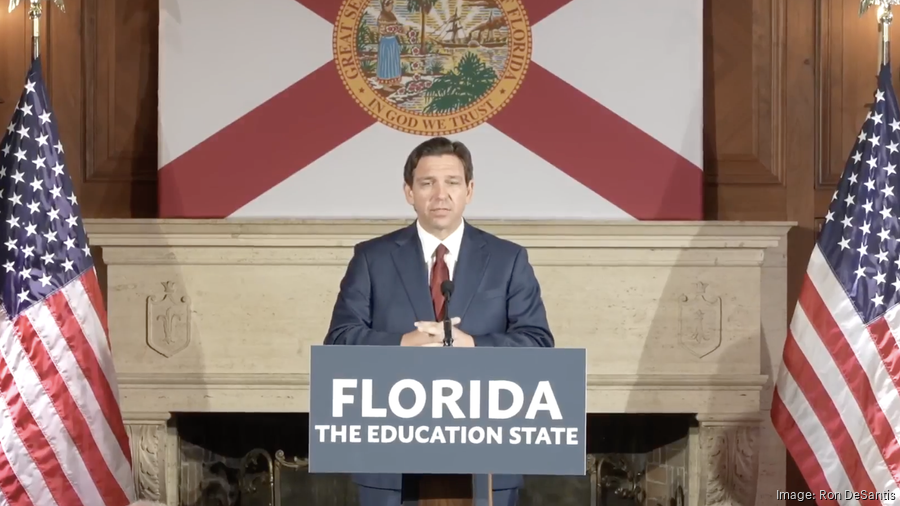
“If you look at the way this has actually been implemented across the country, DEI is better viewed as standing for discrimination, exclusion and indoctrination,” DeSantis said at the bill signing.
Those high-profile efforts have made it challenging for businesses that have long championed DEI as a tool to lure and retain top diverse talent, while also ingratiating their brands with a consumer base that has grown increasingly diverse and socially conscious.
In Florida, the political climate has made it more difficult to implement inclusive programs because everyone isn’t on the same page, said Natalie E. Norfus, CEO of Miami-based HR and diversity consulting group The Norfus Firm. Before starting her company, she was chief diversity officer and head of franchise diversity at Miami-based Burger King (Nasdaq: BKC).
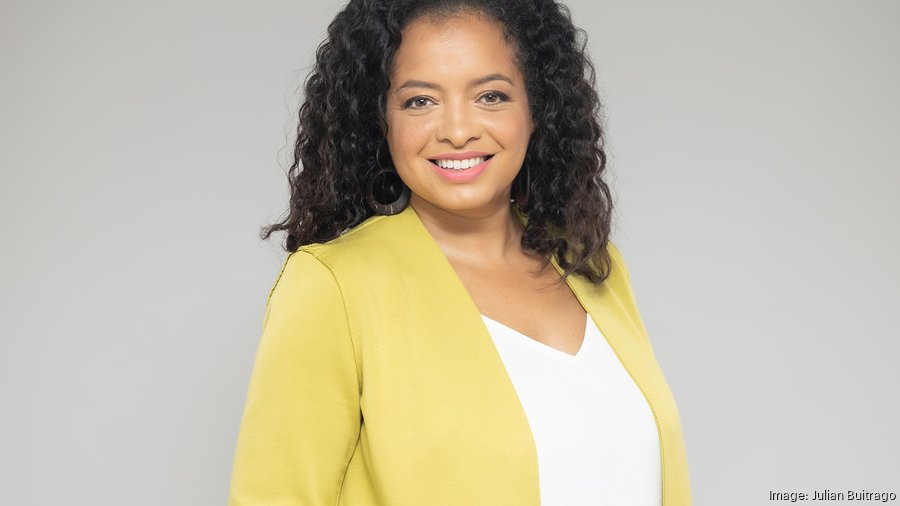
“The anti-DEI legislation in Tallahassee is very anti-business, which is really hard to follow,” Norfus said. “All these companies want to leave California and come to Florida, but now [state officials] don’t want them to come because a lot of them have DEI programs?”
The U.S. Chamber of Commerce has a webpage offering advice on DEI initiatives for businesses. Many of the programs it references focus on recruitment, training and sensitivity to diversity at work – all efforts that require buy-in from companies’ workforces. The website also links to studies that show workplaces with increased diversity are often more profitable.
Yet, experts say the attacks on DEI have led to confusion and unrest at companies, which could endanger inclusion efforts.
“The political realm is muddying the waters in the professional environment, and it does make it more difficult for organizations to roll out DEI initiatives,” said Lauren Winans, CEO of Pittsburgh-based human resources consulting firm Next Level Benefits.
Lack of ‘executive diversity’
The work to boost diversity in the workplace is far from over, even in a diverse state like Florida.
According to U.S. Equal Employment Opportunity Commission surveys filled out by large employers in Florida in 2021, 46% of the overall workforce was white and 49.1% was male. Yet, for senior executives, 77.3% were white and 67% were male. The data goes back to 2014 and indicates senior executives’ diversity only increased by 3 percentage points in each category through 2020.
Improving workforce diversity helps a business succeed and is crucial for recruiting, said Carolina Veira, vice president of community and corporate partnerships at CareMax (Nasdaq: CMAX), a Miami-based health care provider with 1,500 employees in 10 states.
“DEI helps with innovation and new ideas,” Veira said, adding that diverse representation attracts new talent. “Generation Z is very focused on working for organizations that speak the language of inclusion and opportunity for all.”
However, pursuing a DEI initiative without considering the political ramifications can create a harsh backlash.
For example, Bud Light’s social media marketing campaign featuring a transgender influencer turned off many of its customers, causing its sales to plummet. In Sunrise, the NHL took down its advertisement for a diversity job fair, to be held during All-Star Weekend, that asked specific minority groups to apply, after Gov. DeSantis’ press secretary blasted the event as “discriminatory.”
While DEI initiatives have a worthy goal, the way they’re applied sometimes borders on unconstitutional discrimination against Asian Americans, white Americans, males and people of faith, said Independent Women’s Forum fellow Carrie Sheffield, who sat on DeSantis’ DEI roundtable. Some of the DEI training makes people uncomfortable because it separates people based on their race, makes them feel guilty for the actions of previous generations or tells them they’ve benefited from privilege, she said. So, companies should seek to hire the best people, regardless of race, she added.
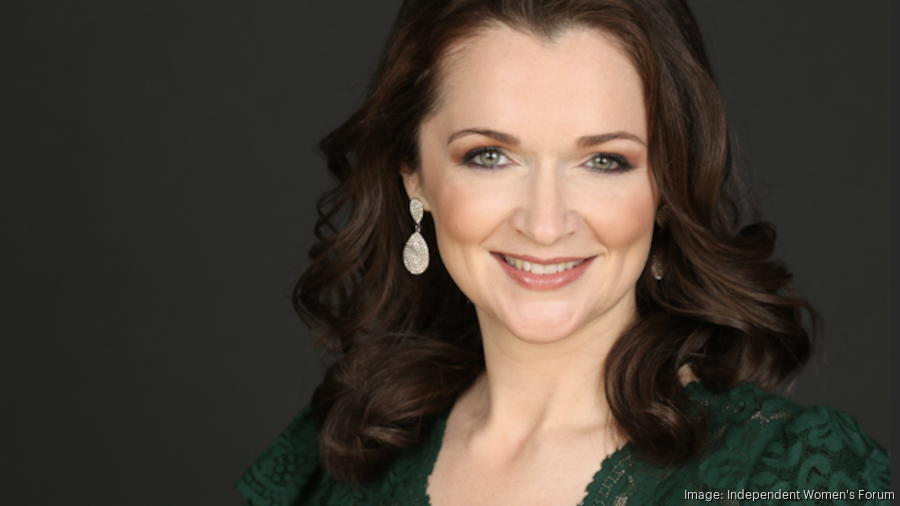
“Most consumers view these corporate actions with cynicism,” Sheffield said. “People, no matter their race, want the company to make a good product.”
Helping employees buy in
Some employees have started questioning DEI practices, including middle-aged white men who may feel left out, Norfus said. But companies should convey that DEI is about providing opportunities for everybody, not excluding any group, she added.
“[Opponents] throw around a lot of buzzwords like indoctrination, but that doesn’t say the substance of what we are doing,” Norfus said. “It’s about ensuring you are looking in all the right places to get the most talent possible … [and] about treating people fairly and making sure there’s a playing field were everyone has access to opportunities.”
Employees should understand that diversity takes many forms, including age diversity, said Valeria Alterman, an assistant professor of human resource management at the University of Miami Herbert Business School.
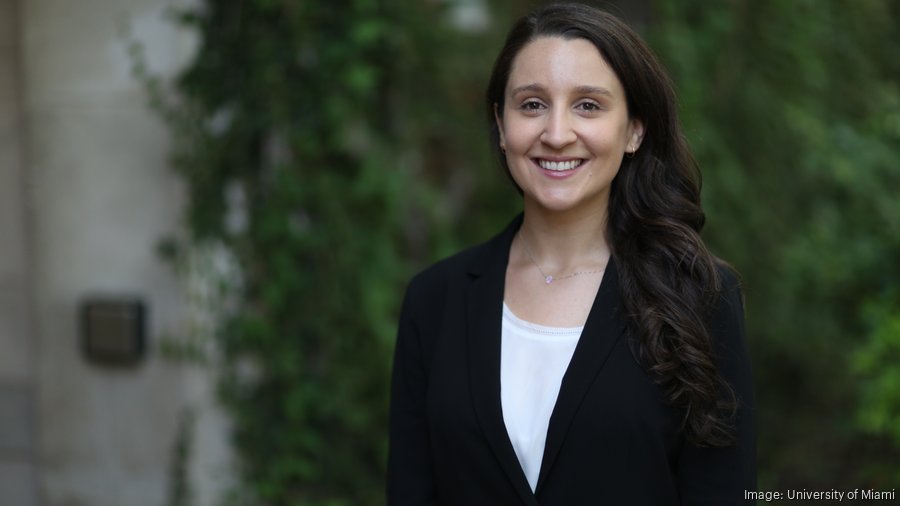
“To avoid getting caught in a political landscape, a company has to focus on its employees, values and missions,” she said. “DEI initiatives should truly come through those values and [show] how the company wants to stand with employees and protect them.”
The opposite is to have DEI programs for a bandwagon effect, she added. “That is where companies fall into trouble [because] they don’t know what they stand for.”
Companies shouldn’t be afraid to promote DEI because political rhetoric is not often reflective of their workforce or clientele, said David Treece, head of Miami-based investment advisor Treece Financial Group and an LGBTQ+ activist. Workers in his industry are overwhelmingly older white men, but clients of all types need investment and wealth management services, he added.
“When I am working with a gay couple on estate planning and I give a referral for a CPA, the first question from the client is, ‘Are they gay friendly?’” Treece said. “If it wasn’t an issue, they wouldn’t ask.”
CareMax’s Veira conducts mandatory diversity training with employees, and she stresses conscious and unconscious bias. While that may be a touchy subject, she tries to put the audience at ease by sharing her own biases and how she’s working to counter them.
“Once you talk to people and they see where you are coming from, they are more receptive to those ideas,” Veira said. “Then, I explain the need for empathy and the work we are doing toward inclusion.”
Passed in 2022, Florida’s Stop WOKE Act regulates some aspects of DEI training in the workplace. Companies can talk to employees about past disparities and the impact of preconceived notions, but they should stick to the facts, said Susan Norton, a labor and employment attorney with Miami-based Allen Norton & Blue. For instance, they could mention that studies show men are more likely to be hired for certain jobs than women with similar qualifications.
“It’s when it crosses the line and training starts advocating for a particular mindset or theory or lifestyle, that – at least in Florida – it becomes arguably unlawful,” Norton said.
Creating the right initiatives

Gathering employee feedback is the first step to create effective DEI programs, said Elisa Juarez, senior director of culture and DEI for Miami-based ChenMed, a health care provider for seniors.
The company, which has 6,000 workers across 15 states, conducts quarterly employee surveys that ask whether they feel they belong and what type of diversity programs and benefits they’d like. Survey outcomes included making Martin Luther King Jr. Day a company holiday and instituting parental leave policies. When team members are involved in creating the initiatives, there’s rarely pushback, she added.
“But let them know you heard their feedback,” Juarez said. “You can’t just ask team members for their opinions and not take action on them.”
Diversity initiatives also help with patients. ChenMed aims to recruit primary care providers who reflect the diversity of the community and can communicate well with patients of all types, including LGBTQ+ clients, she said.
“We have patients in communities that have historically been under-resourced and considered a very vulnerable population, so we need to understand local nuances of the communities we serve,” Juarez said.
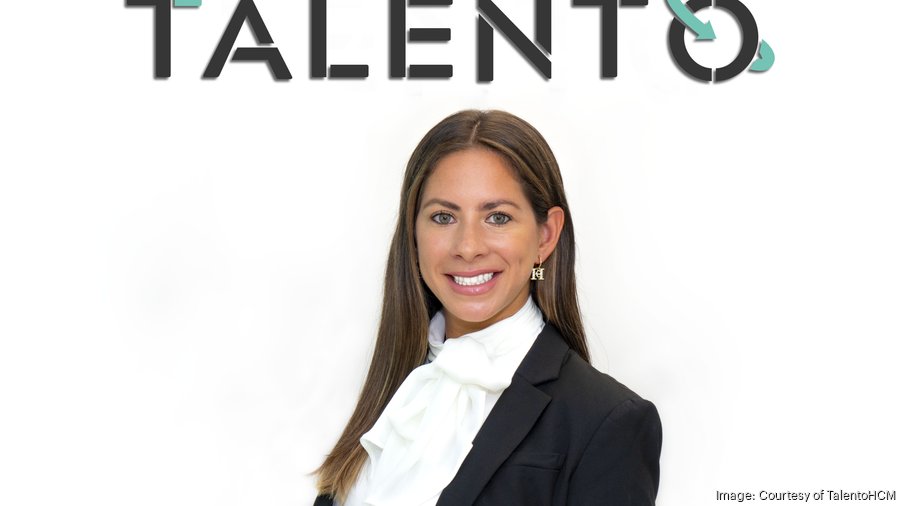
One effective DEI practice during the hiring process is to remove the candidate’s name, picture and gender from the application, said Andrea Rodriguez, group vice president of revenue and operations at Coral Gables-based employee recruitment firm Talento HCM. That way, candidates are evaluated based solely on their skills and experience.
Additionally, when candidates are called for interviews, the managers conducting those conversations should be a diverse group, she added.
“You can’t say we want diversity, but your entire panel of people interviewing share the same background,” Rodriguez said.
Norfus said supplier diversity initiatives are also effective because they remove barriers to access for small and minority-owned businesses. When she worked at Burger King, they found many minority-owned suppliers that could handle a small piece of a larger contract.
“Maybe the small Hispanic-owned trucking company can’t fill all of your trucking needs, but they might grow and take on more of your trucking in the future,” she said. “And that will have a huge impact on them as a business.”
Measuring progress
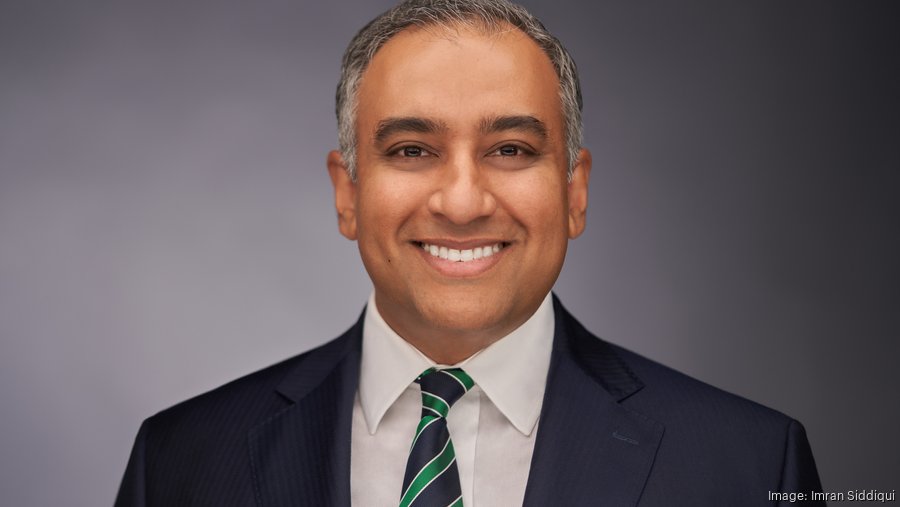
One way companies can demonstrate that DEI is about enhancing business and not politics is by measuring their programs’ progress.
Tech Equity Miami Executive Director Imran Siddiqui said he focuses on how his nonprofit delivers results on technology training and jobs to clients in low-income communities, whether in the inner city or rural areas.
“If we take a step away from controversial topics and focus on the work, that’s more effective,” he said, adding that instead of only implementing marketing campaigns about DEI, companies should focus on initiatives that yield tangible results in their workforce and the communities they serve.
CareMax’s Veira said tracking community service donations and volunteer hours, which are often performed in diverse communities, is a great way to measure the positive impacts of a company’s DEI programs. CareMax also tracks vendors’ and its workforce’s diversity, especially who has been promoted.
Veira acknowledged that some diverse businesses or employees may be awarded opportunities because of their minority status. But they then need to prove themselves to secure additional business contracts or to climb the corporate ladder, she added.
“Once we get that opportunity, we must prove our value and show what we are made of,” said Veira, who was born in Ecuador. “I know my value and I know my worth, but if [diversity] was what brought me here, I will still make the best out of it and create results and bring impact. Even if that was regarded as a negative, let’s turn it into a positive.”
Sign up here for the Business Journal's free morning and afternoon daily newsletters to get the latest business news affecting Central Florida. For more business intelligence, follow us on LinkedIn, Facebook, Twitter and Instagram.
